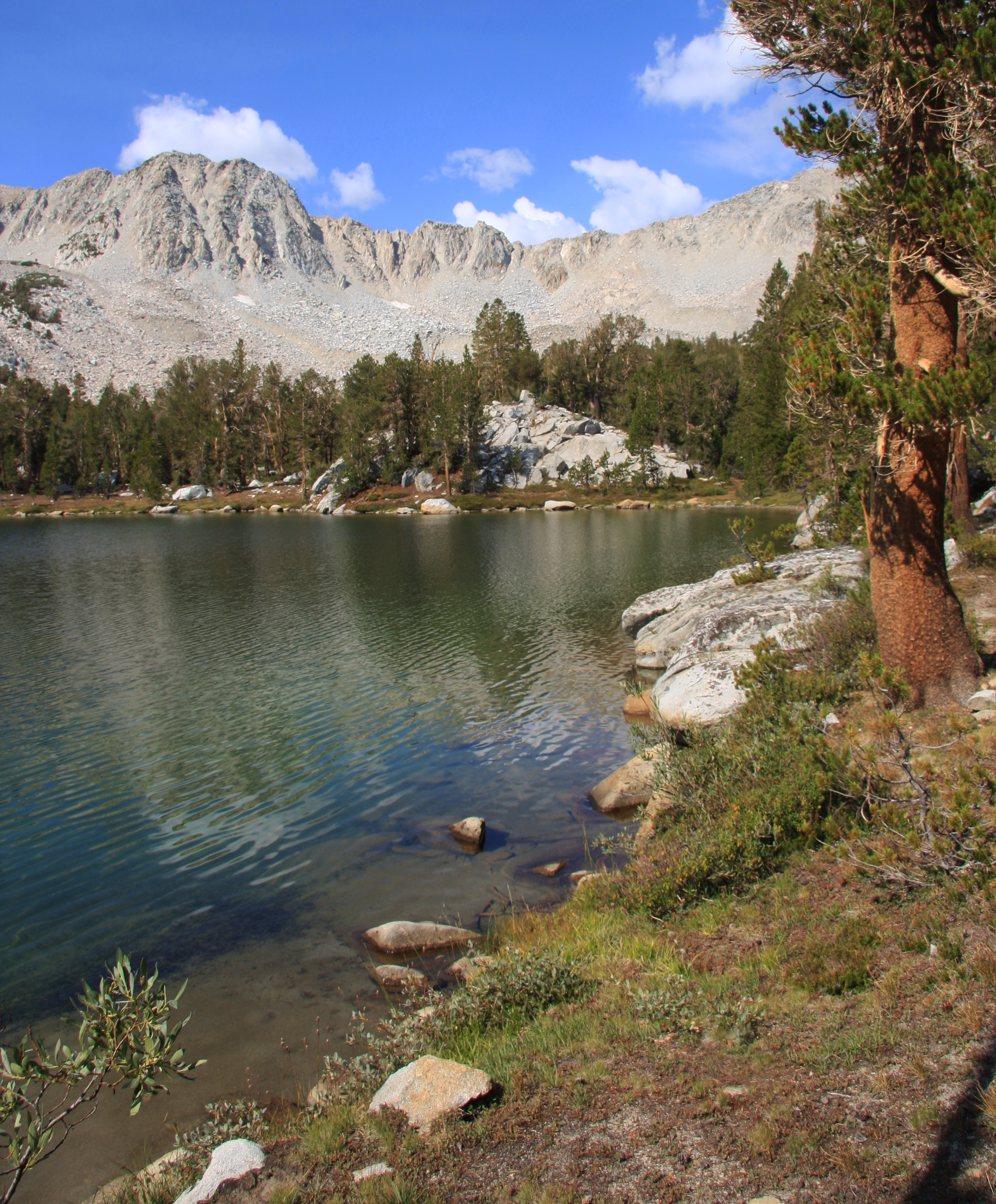Groups involved in Lake Winnipeg research and water quality advocacy received a total of $600,000 in funding from the provincial government on Monday, Jan. 21.
Funding was provided to seven different projects, including four at the universities of Winnipeg and Manitoba. Two projects underway at the U of M’s Watershed Systems Research Centre received a combined $74,000. Fifty thousand dollars of that money will be put toward a “pilot project aimed at storing run-off water on agricultural land.”
Additionally, the Lake Winnipeg Research Consortium (LWRC) received $150,000 in funding and Lake Friendly, a coalition of nine municipalities along the south basin of the lake engaged in water quality advocacy and public awareness, received $75,000.
According to Gord Mackintosh’s office, that $75,000 injection has tripled Lake Friendly’s funding.
“The funding announced [on Jan. 21] is creating partnerships that will help us all reduce our environmental footprint, protect the environment and sustainably manage natural resources now and for future generations,” said Mackintosh, the province’s Minister of Conservation and Water Stewardship, in a press statement.
Colleen Sklar, executive director of the Lake Friendly Initiative, told the Manitoban that she continues to be pleased with the province’s willingness to take action on Lake Winnipeg’s water quality concerns, but underscored the fact that individual citizens are also responsible for restoring the lake’s health.
“I think the leadership is all moving in the same direction. I haven’t spoken to anyone who is not concerned about the lake and not trying to make changes. But I think that at a very basic level we need to have an understanding of what it is we need to do and then get at it. I don’t think that is just up to the politicians. It is up to every single one of us,” said Sklar.
According to Sklar, the most financially costly element of the Lake Friendly Initiative’s work is effectively communicating that message to as many individuals as possible.
She also noted that Lake Friendly deliberately focuses its advocacy work within Manitoba, despite the fact that the Lake Winnipeg watershed covers multiple provinces and states.
“We are involved in talking with other provinces [ . . . ] but we believe that a Manitoba first strategy is essential for communications. We need to engage Manitobans on this issue, and then reach out to our neighbours [ . . . ] we have to take the lead on this.”
Karen Scott, science and education program coordinator for LWRC, is also happy with the direction the province is moving, regarding Lake Winnipeg.
“The province is a member of the LWRC and has an active role in monitoring the lake and watershed. Initially, the province may have been a bit slow in recognizing that there was an issue before them, but since then they have stepped up and, in my view, are working hard to improve the situation,” Scott said.
LWRC is a group that provides a ship for the use of many researchers conducting fieldwork on Lake Winnipeg. Scott told the Manitoban that securing the funding necessary to maintain the ship (the M.V. Namao) and to cover administrative costs has been challenging year-to-year. Despite this, the LWRC has played a key role in much of the research and monitoring done on Lake Winnipeg since 1998.
According to Scott, LWRC-supported research on the lake indicates that it is a complex matter whether or not the water quality of Lake Winnipeg is further declining or improving.
While nutrient levels remain higher than desirable, Scott says that algal toxins are generally low or undetectable. Furthermore, it is now known that the Red River is the most significant source of nutrients for the lake. This new information will allow for more effective nutrient management.
Whether or not the water quality of the lake is improving or worsening, Scott advised not to expect things to turn around quickly.
“Long-term trends for the better won’t be apparent immediately, nor should we expect them to be. After all, the degradation didn’t happen overnight, and it won’t improve overnight either.”
In the wake of the $600,000 in grants given to LWRC, Lake Friendly, and others like them, Scott and Sklar agree that perhaps the most important step towards a healthy Lake Winnipeg is a well-informed public.
“Manitobans are becoming more aware but, unfortunately, some of the information being dispersed is inaccurate,” explained Scott.
“Awareness that is ill-informed or based on fear does not contribute to overall environmental literacy within the general public, which, in my view, is where the real solutions lie for the long-term protection of water, not just the remediation of Lake Winnipeg.”


